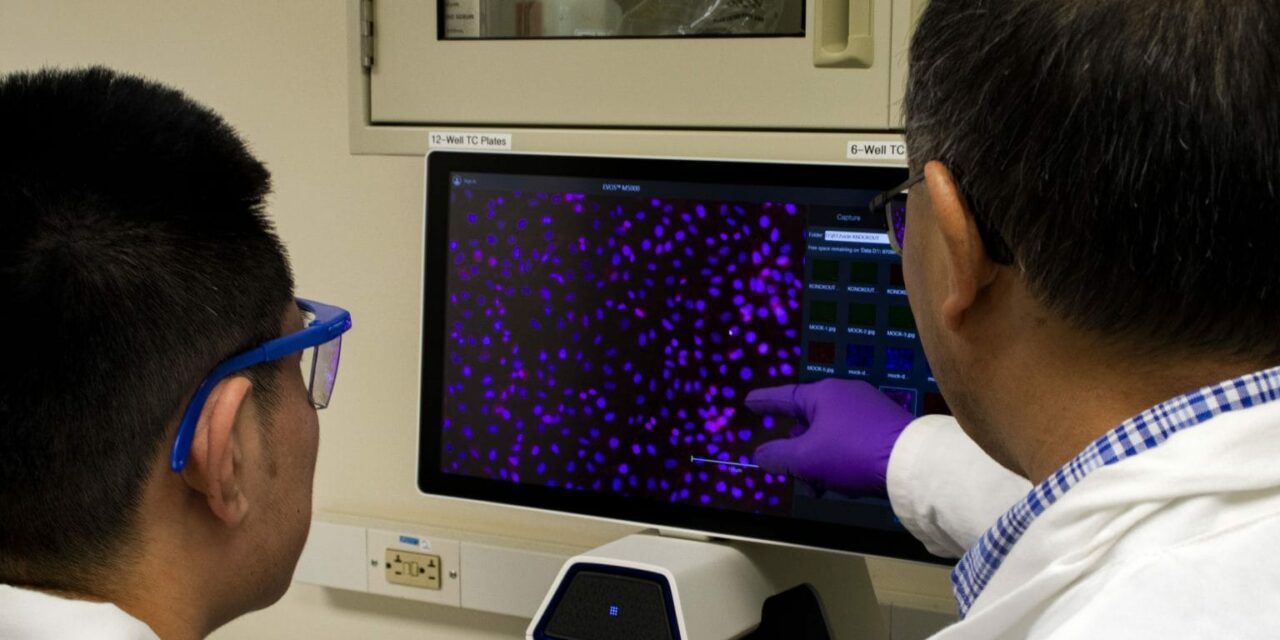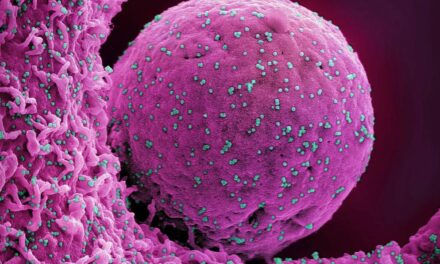Scientists at the University of Missouri have identified a specific protein inside the human body that plays a critical role in how the virus spreads from cell to cell after infection. This discovery could provide further insight into COVID-19 and inform the development of novel therapeutics to combat the virus.
The finding, published in the Proceedings of the National Academy of Sciences, provides new insight into how the protein, known as the occludin protein, serves as a mediator for cell-to-cell transmission of the virus.
Wenjun Ma, PhD, a professor at the University of Missouri, says in a news release that even though efforts have been made to stop COVID-19, such as the development of vaccines and drugs, the virus is still spreading and infecting people every day. This is why it’s important to conduct research to understand how the virus works inside the human body.
Ma and his team studied how the coronavirus moves from one cell to another by looking at cells in the MU Laboratory for Infectious Disease Research. During the study, Ma discovered that when the coronavirus damages a protein called occludin in one cell, it can spread quickly to other cells nearby. This can make the infection worse and cause more severe symptoms.
Ma believes that this new knowledge could help scientists create better antiviral drugs. By understanding how the virus damages the occludin protein, scientists can try to make drugs that can protect this protein from being damaged. This can help prevent the virus from spreading to other cells, which can stop the infection from getting worse.
The research showed that even though the virus might start by infecting only one cell, it can quickly spread to other cells once the occludin protein is damaged. This can make the infection more severe and cause respiratory problems, especially if the virus spreads to cells in the lungs.
Going forward, Ma plans to study if other viral infections also impact the occludin protein in an effort to better understand how viruses interact at the cellular level with the hosts they infect.
Photo caption: Occludin protein plays a key role in the spread of coronavirus throughout the body’s cells.
Photo credit: University of Missouri










